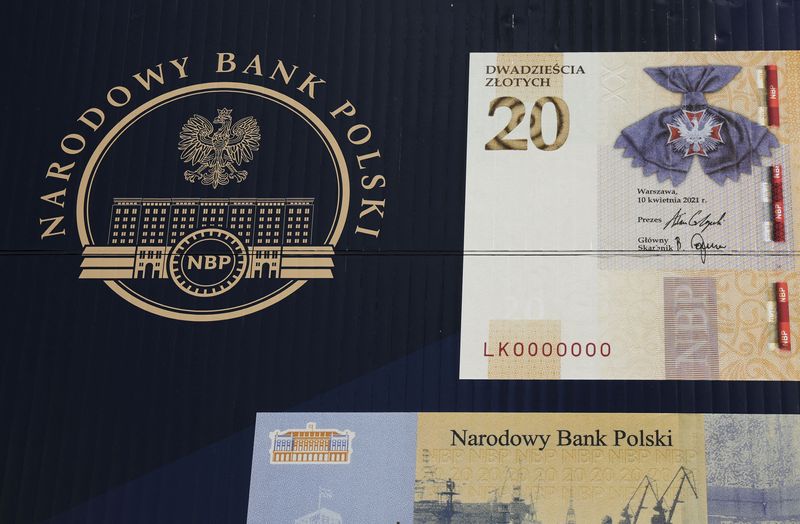Debate on raising rate in Poland is not over
2022.12.09 07:30
[ad_1]

Debate on raising rate in Poland is not over
Budrigannews.com – Ludwik Kotecki, a central banker in Poland, stated on Friday that the Monetary Policy Council (MPC) should resume discussing rate hikes. He also stated that speculation regarding when borrowing costs might fall was premature.
On Wednesday, the National Bank of Poland (NBP) maintained its main interest rate at 6.75 percent for the third time in a row, causing economists to conclude that the tightening cycle had come to an end and to shift their attention to when borrowing costs might begin to decrease.
Kotecki responded, “I think so,” when asked in an interview with Parkiet TV if the MPC should resume discussing hikes.
“Unfortunately, we are already at the peak. The peak will occur in February, and it may exceed 20%…,” he added.
More German households are not worried about inflation-survey
Governor Adam Glapinski stated once more on Thursday that the tightening cycle had been temporarily halted rather than completely concluded.
According to Kotecki, a member of the MPC’s hawkish wing, a significant depreciation of the zloty currency could reopen the possibility of rate hikes.
He stated, “It seems to me that there is already awareness of this 20% inflation in February, but it does not make such an impression as to cause any discussion or decision.”
“A very strong zloty depreciation is the one thing that can change this.”
When questioned about the appropriate amount of rate increases, Kotecki stated that 25 basis points would not be sufficient and that 100 basis points would be excessive.
According to statistics office data, inflation in the largest emerging economy in Europe fell slightly to 17.4% in November from 17.9% the month before.
However, Kotecki stated that price growth would take a long time to return to the 1.5-3,5% target range set by the central bank.
He stated, “I believe that we should not celebrate disinflation too soon because there is also such a thing as inflation expectations, and today they are at record levels.” He added, “There is also such a thing as disinflation.”








